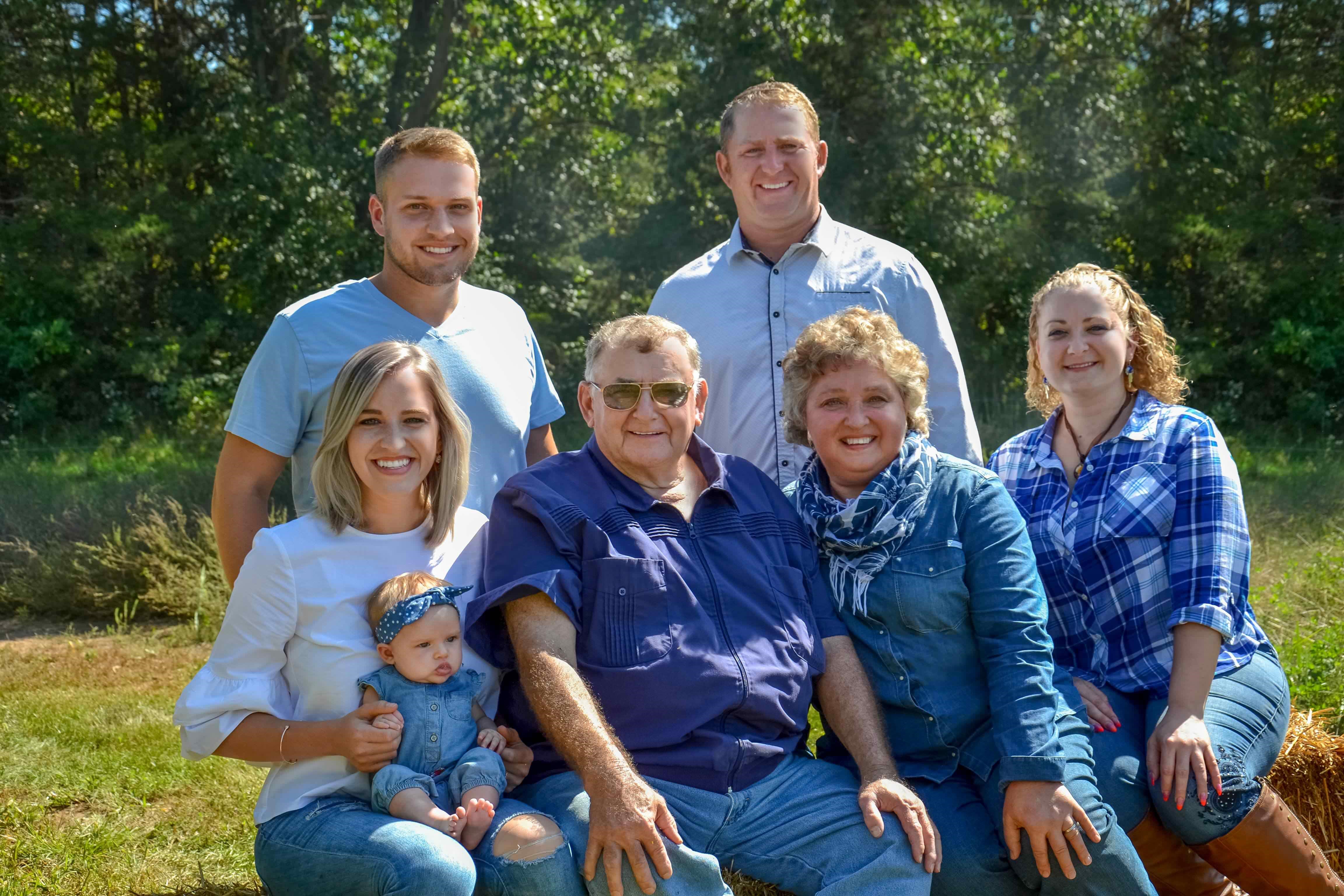Cheryl Davis received her diagnosis in 2009
By Diego Flammini
Staff Writer
Farms.com
Women need to speak up when it comes to their health, Cheryl Davis says.
The now 68-year-old dairy farmer from Wisconsin Dells, Wis., received her breast cancer diagnosis in January 2009 when she was 54 years old.
“The radiologist called to find out how I was doing after my biopsy,” she told Farms.com. “When she told me, I was in shock. I definitely wasn’t expecting a positive diagnosis.”
Women between 40 and 44 have the option to start screening with a mammogram each year, and women between 45 and 54 should get mammograms every year, the American Cancer Society says.
Davis’s diagnosis was early-stage hormone receptor-positive breast cancer.
Her doctors caught it early partly because she made a concerted effort to keep up with regular physicals and screenings.
“I went for a mammogram in late 2008, and the radiologist compared the results from prior years,” she said. “He noticed a small spot and suggested I get it checked out. My doctor referred me to the Cancer Center in Madison. The doctor there said they didn’t see anything on the tests. I told them my doctor wouldn’t send me here if there wasn’t something to be looked at. They did another mammogram and found the same mass.
“This is why I encourage all women to advocate for their own health and to speak up if you feel something isn’t right with your body. The longer you wait, the more time you give the cancer to spread.”

Cheryl Davis, seated second from right, surrounded by her family.
Because her healthcare team caught the cancer early, Davis’s treatment plan wasn’t as arduous as others have experienced.
The mass in her right breast was small enough that she didn’t need traditional chemotherapy.
She underwent a lumpectomy to have the cancerous tissue removed and followed that up with five weeks of radiation treatments.
“The radiation started to burn later on in the process,” she said. “And I got tired as weeks went on.”
For the next four years, Davis took tamoxifen, a daily chemotherapy pill.
This put her into early menopause.
“Suddenly I gained weight and had hot flashes and other things associated with menopause,” she said. “I didn’t lose any hair on my head, but I did lose the hair under my arms, so that wasn’t too bad.”
In 2014 is when her healthcare team told her she didn’t have to take the chemotherapy pill anymore.
“I couldn’t help but feel how blessed I was,” she said. “It didn’t mean the total fight was over, but I’ve won this phase.”
When Davis sees herself in the mirror these days, she still sees the evidence of her battle with breast cancer.
And it’s a reminder that not everyone is this lucky.
“I’m still quite lopsided and there’s still a pretty big scar,” she said. “But it’s also a reminder of how fortunate I am that we caught it early and I get to call myself a survivor.”
Davis’s journey has now provided her the opportunity to provide support to others.
A woman in her church community recently received a breast cancer diagnosis.
“She has someone to talk to who went through this, to talk about feelings and the questions to ask the doctor,” Davis said. “She’s not going through this alone.”
The American Cancer Society estimates nearly 300,000 women will receive breast cancer diagnoses in 2023.
A message Davis wants to share with women beginning their breast cancer battles is that they can overcome this illness.
“It’s not a death sentence,” she said. “As uncomfortable as they might be, take the treatments, and you can come out the other side of this.”